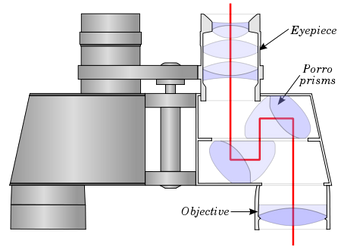Whether buying a first pair of binoculars, or upgrading to something special, we could all use help from those in the know. Our staff are birders, and collectively have amassed a wealth of information on the ‘dos and don’ts’ of optics purchasing. We offer here some advice to help ensure you get what you want, and what will work best for you.
1. Assess your birding focus or needs to help narrow your search. Are you looking for binoculars to be used primarily for hawk watching or pelagic birding? Woodland or open field birding? All around birding? Will the optic also be used for butterfly watching? Other outdoor pursuits? Determining how you are likely to use your binoculars will help you concentrate on the right things – does your binocular need to have a wide field of view, close-focus, or good light gathering capabilities?
2. Compare several makes and models of binoculars. See what feels good in your hands and fits your face. Just because an optic works well for your spouse or birding friends doesn't mean it will be the right one for you. Binoculars are built to specs; people aren't! If you are buying binoculars for someone else, it is very important that they, too, test and find the pair that is right for them.
3. If buying your first pair, be prepared to spend a little more than you might have expected. The price of current day optics can come as a surprise to first-time buyers but, as is so often the case in life, you get what you pay for. Some advantages of ‘high-end’ binoculars may not be immediately apparent (such as high quality lens coatings to aid light gathering) but can make all the difference when all your friends can see the fiery eyes on that backlit Great Horned Owl that you see as a dark silhouette. Make due consideration to get the balance right between what you can afford and what you want from your binoculars.
4. If you are looking to upgrade your optics, don’t settle for a lower price if what you really want is outside your budget. Tolerate the one you own. Save for the one you really want. If you buy 'half-step' optics, you will only replace them later with the one you really wanted in the first place and that is money wasted.
5. Take your time and do not be shy about utilizing our time and expertise. Meeting the optics needs of birders ranks among the most important things we do. We encourage you to schedule an appointment (see contact number at the top of this page) so that we may help find the perfect optic for you. Allow yourself adequate time to ensure you are completely satisfied with your purchase.

